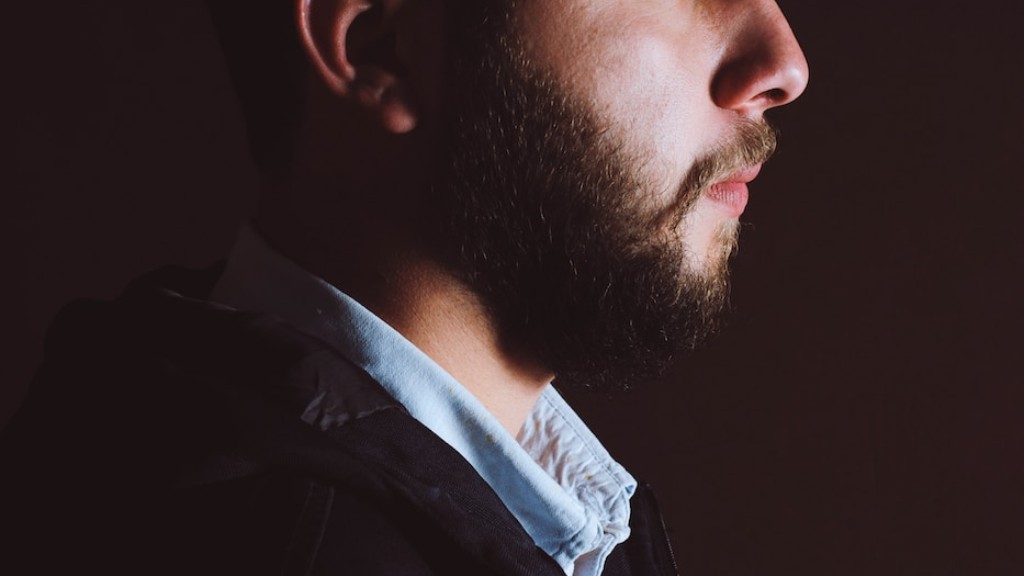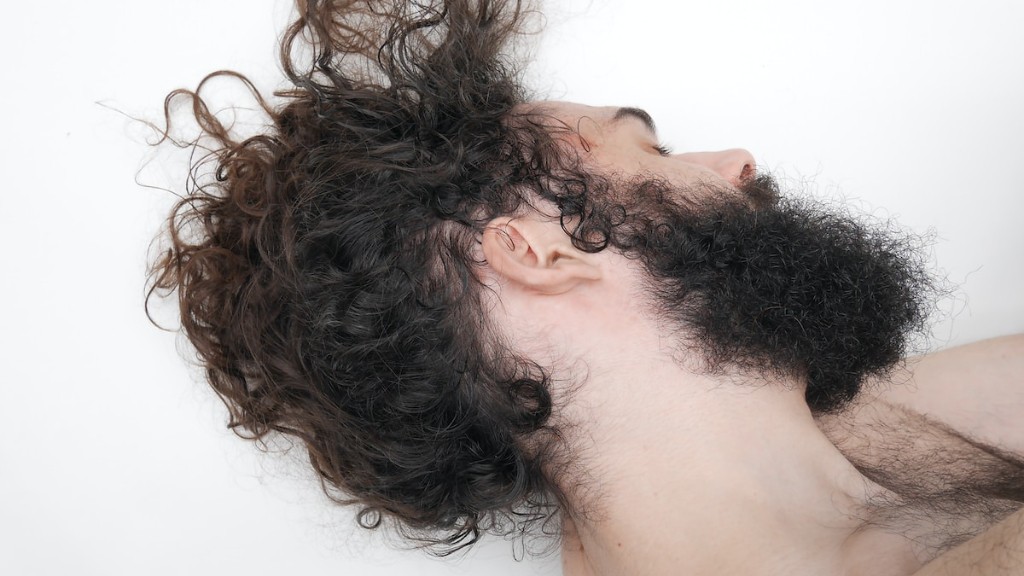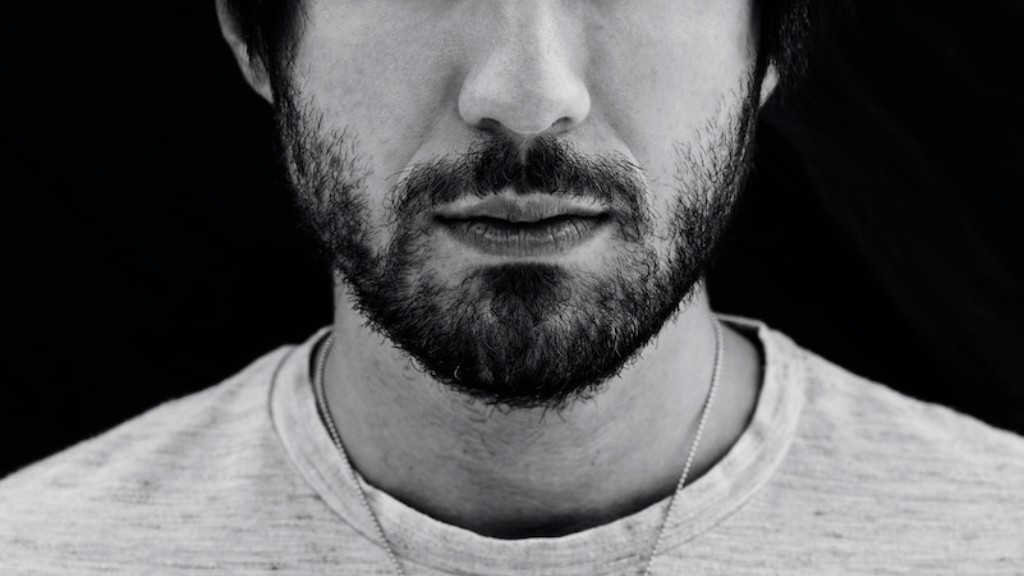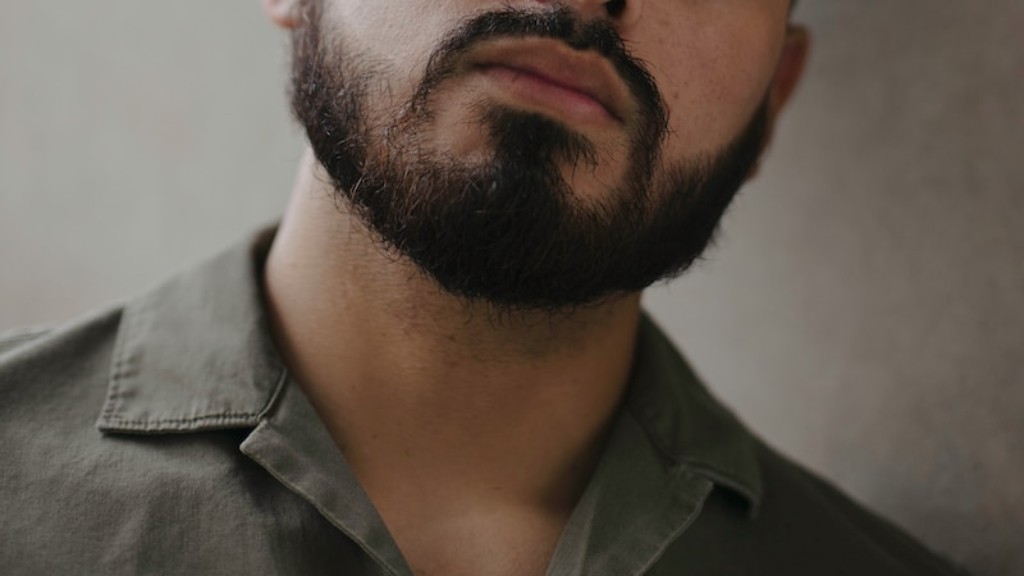There is no hard and fast rule about whether or not firefighters can have beards, as each fire department has its own policy on the matter. Some departments forbid facial hair of any kind, while others are more relaxed and allow mustache and beard growth as long as it is kept neatly trimmed. The main reason for these policies is that facial hair can interfere with the seal of a firefighter’s breathing apparatus, which is vital for protecting them from smoke inhalation.
There is no definitive answer to this question as policies regarding firefighters and beards vary from department to department. Some departments may allow firefighters to have beards while others may require them to be clean shaven. It is best to check with the specific department for their policies regarding beards.
Can you have long hair and a beard as a firefighter?
Beards and goatees are not permitted if they extend below the jaw line and interfere with the proper fitting of protective gear or with the SCBA face piece seal.
Facial hair is allowed as long as it does not protrude under the respirator seal, or extend far enough to interfere with the device’s valve function. This means that you can have a beard, mustache, or goatee, as long as it doesn’t get in the way of the respirator seal.
Do firefighters have to shave their hair
As a firefighter, you are required to shave on a daily basis in order to comply with OSHA regulations for personal protective equipment. This is necessary in order to ensure that your respiratory protective equipment, such as your disposable P95 or N100 mask or your self-contained breathing apparatus (SCBA) system, fits properly and functions as intended. Failure to do so could put you at risk of injury or even death in the event of a fire.
It is important to dress appropriately when working in the fire service. This includes wearing a clean, ironed uniform and being clean shaven. Hair should be kept neat and tidy.
Do firefighters have to shave beards?
It is important that uniformed personnel are clean shaven so that they do not interfere with the proper wearing and performance of the approved department safety helmet or the proper sealing of the face mask of the self-contained breathing apparatus. However, neatly trimmed sideburns and mustaches are permitted.
There are a few things to keep in mind when it comes to facial hair and the workplace. First, any facial hair must not extend below any portion of the upper lip. Secondly, beards, goatees, or any form of facial hair beneath the lower lip are prohibited. Finally, it is important to keep facial hair well-groomed and neatly trimmed at all times.
What jobs prohibit beards?
Other jobs where beards are discouraged are food service and retail sales, or any job where you interact with the public. This is because managers want you to look nice and neat at all times – and typically this means having a clean complexion.
This regulation does not ban facial hair on respirator users. However, when a respirator must be worn to protect employees from airborne contaminants, it has to fit correctly. This will require the wearer’s face to be clean-shaven where the respirator seals against it.
Does any branch allow beards
Today, the US military continues to prohibit beards for the vast majority of recruits, with the exception of mustaches. This policy was first put in place during the World War I era, and has been carried through to present day. There are a variety of reasons why the military frowns upon beards, including the fact that they can be a safety hazard (e.g. getting caught in equipment) and can interfere with the proper functioning of gas masks. Additionally, beards can be seen as a form of rebellion against military regulations and order, which is why they are typically not allowed.
Shower units are a great way for firefighters to relax and get clean after a long day. Large incidents often have shower units available for firefighters to use. This is a great perk for firefighters who have been working hard all day.
Can you get a seal on a SCBA with a beard?
Facial hair can interfere with the tight seal that is necessary for many respirators to work properly. If you have facial hair that lies along the seal of your respirator, it is important to make sure that the hair does not come into contact with the seal. The areas of the skin which contact the face or neck seal and nosecup seal must be free of any hair in order to ensure maximum protection.
The mustache has long been a symbol of the firefighter profession. Historically, firefighters would moisten their mustaches in an effort to filter smoke. Today, firefighters that sport mustaches do so out of a sense of tradition or personal preference. This guide into the fascinating association between firefighters and mustaches will be full of cool information.
Is being a firefighter hard on your body
Firefighters are constantly exposed to danger while on the job. They are at risk for heat exhaustion, burns, physical and mental stress, and diseases from exposure to high levels of carbon monoxide and other toxic hazards. This line of work is very dangerous and stressful, and firefighters need to be aware of the risks before they start their shifts.
Our firefighters endure large occupational burdens and generally operate under conditions of chronic sleep deficiency and circadian disruption due to long shifts, plus interrupted sleep due to emergency calls during the night. This can lead to fatigue, diminished performance, and errors in decision-making. To help mitigate these risks, we need to ensure that our firefighters have access to quality sleep and are well-rested.
Can an introvert become a firefighter?
Many introverts find themselves drawn to firefighting, despite it not being a typical career choice for them. There are many reasons why an introvert might be attracted to this line of work, including the excitement and the sense of responsibility that comes with it. Firefighting can also be a very rewarding career, both in terms of the satisfaction it can provide and the opportunities it can offer for personal growth.
One of the challenges that introverts face in firefighting is the need for constant communication with others. This is something that can be difficult for introverts, who often prefer to work alone or in small groups. However, it is important to remember that introverts can be excellent communicators, and that there are many ways to manage the communications aspects of firefighting. By being prepared and finding ways to stay calm and focused, introverts can thrive in this career.
There is a lot of debate surrounding the effectiveness of this method, but many believe that it did help firemen to some degree. However, it is no longer a common practice as firemen now have access to better equipment that helps them to breathe more easily in heavy smoke.
Conclusion
There are no specific requirements for firefighters in terms of facial hair, so a firefighter can have a beard if they wish.
Yes, a firefighter can have a beard. There are no rules or regulations that say firefighters can not have beards. In fact, many firefighters have beards. Beards can be a positive because they can protect a firefighter’s face from smoke and heat.





